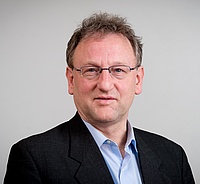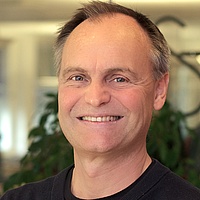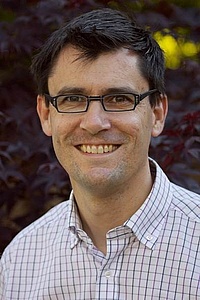
Joe A. Clarke
Professor Emeritus, University of Strathclyde, FIBPSA
“Building performance simulation has come a long way in terms of modelling capability and its human-computer interface. That said, it still has a way to go if we are to deliver a technology that is easy to access, appropriately aligned with reality, unambiguous in its application, and delivers outcomes that are readily understood by all parties.”

John Grunewald
Chair of Building Physics, TU Dresden
“The possibilities for designing the energy efficiency of buildings are greatest at the beginning of the design process. To date there are no adequate tools available that efficiently support architects in their design decisions. It is therefore important to involve them in the development of the building performance simulation.”

Per Sahlin
CEO EQUA Simulation AB, FIBPSA
“We need to collectively promote the advantages of a model-based design process, where design decisions are made by experiments on the current state of an evolving holistic dynamical model. Mandatory requirements of monthly calculation methods must be phased out, as must silo model building to fulfil the requirements of a specific standard.”

Michael Wetter
Deputy Leader Simulation Research Group, Lawrence Berkeley National Laboratory (LBNL), FIBPSA
“Economic integration of renewables often requires energy systems to integrate and optimize renewables and storage across multiple prosumers and energy carriers. This provides opportunities for our community to establish co-design of energy and control systems, digital building delivery that can meet this increased complexity, and digital twins to support operational optimization.”

Andrew Corney
Product Manager at Trimble - SketchUp and Sefaira, UK; FIBPSA
"Is the future of building simulation in the hands of specialist consultants or more all-round practitioners? Are there enough specialist practitioners to go around or should simulation be developed to minimise the expertise needed to use it? Has simulation during Covid 19 really enabled practitioners to provide the guidance people need to safely return to buildings? Could that be improved for the next pandemic? Also what is the implication of a lower-carbon electricity grid for simulation? How will simulation remain relevant in a world of cheap, zero-carbon electricity?"

Marta Mierzejek
Institut für Hochbau
Lessingstraße 25/III
8010 Graz
Österreich
